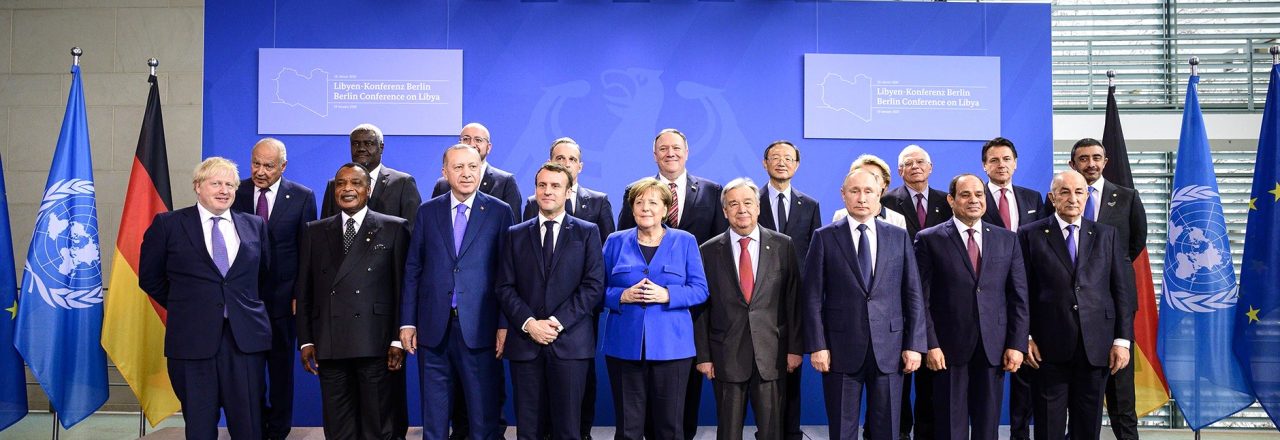
Fighting and foreign meddling continue in Libya despite efforts by world leaders at the Berlin Conference
On 19 January, world leaders met in Berlin under the supervision of Chancellor Angela Merkel to discuss the ongoing Libyan conflict. While key players such as Turkey, Russia and Egypt attended the Conference, neither Fayez al-Sarraj (Prime Minister of the Government of National Accord) nor Khalifa Haftar (Commander of the self-proclaimed Libyan National Army) were present. The participants agreed on a 55-point declaration whose main chapters focus on the ceasefire, the arms embargo, and the signatories’ commitment not to militarily interfere in the conflict. In fact, as declared in the joint statement by the President of the European Commission, Ursula von der Leyen, and the HR/VP for Foreign Affairs and Security Policy Josep Borrell “only a Libyan-led and Libyan-owned political process can end the conflict and bring lasting peace”. A significant outcome of the Berlin Conference was the appointment of a 5+5 Joint Military Committee (JMC) that will monitor the ceasefire. In spite of the collective commitment made during the Berlin Conference, the United Nations Support Mission in Libya (UNSMIL) released a statement on 25 January in which it deplores the ‘’continued blatant violations of the arms embargo’’. Indeed, the fragile truce that was observed at the beginning of January is being compromised, as both parties are now being provided with weapons, advisers and fighters. The 5+5 JMC held its first round of talks between 3 and 8 February in Geneva, under the supervision of the Secretary-General and Head of UNSMIL Ghassan Salamé. The talks ended with no deal on a ceasefire, but the parts agreed to continue the UN-sponsored negotiations on 18 February.
- The Euromed news are edited by the team of the Euro-Mediterranean Policies Department of the European Institute of the Mediterranean -


